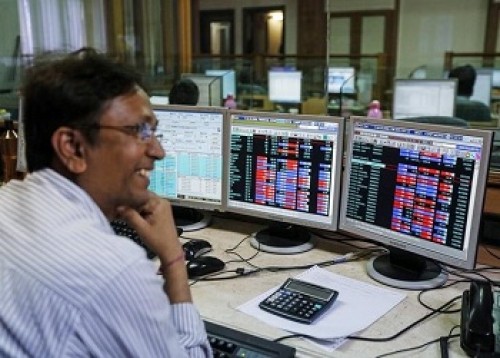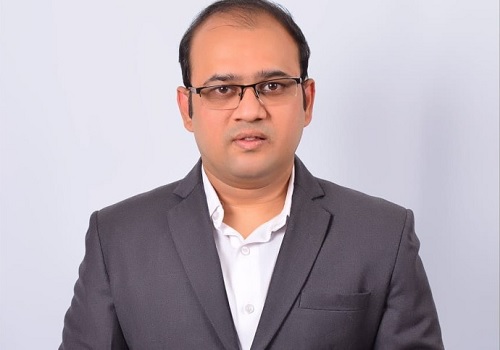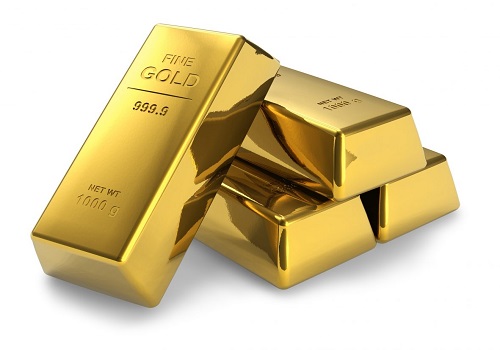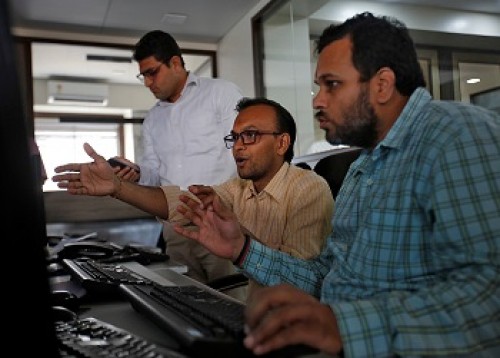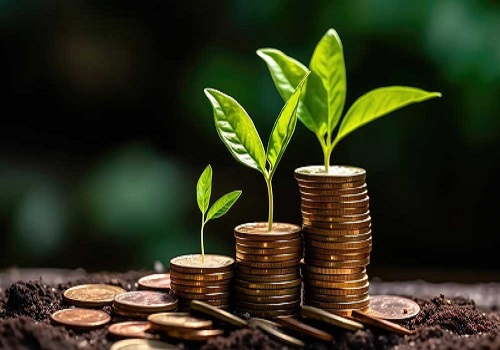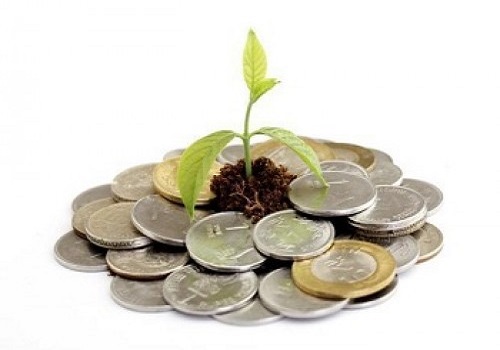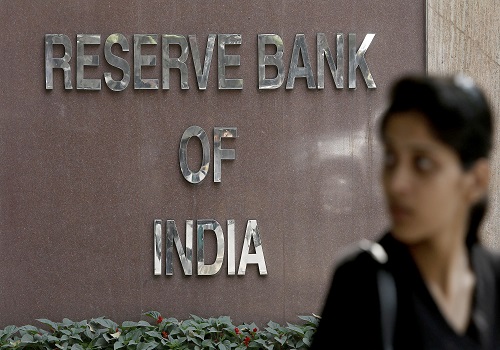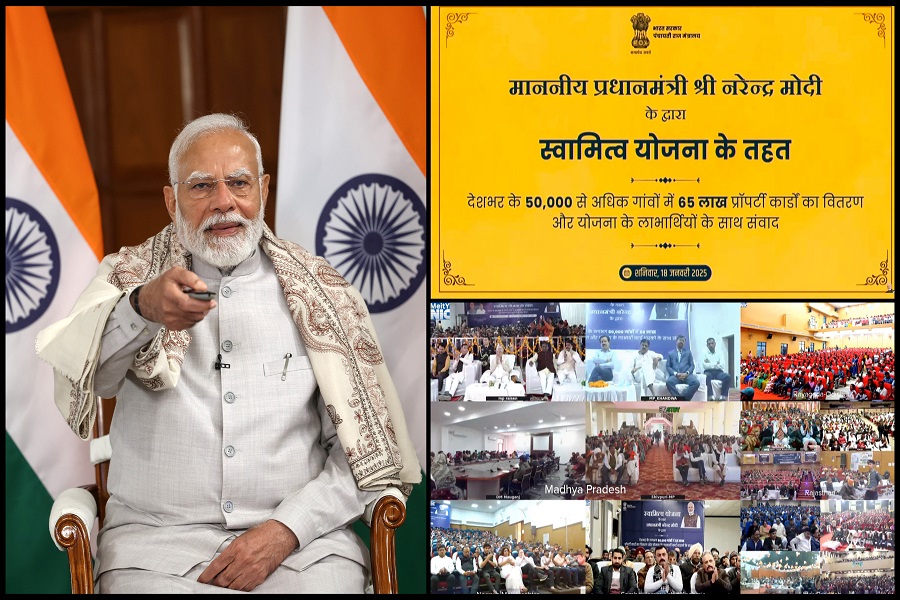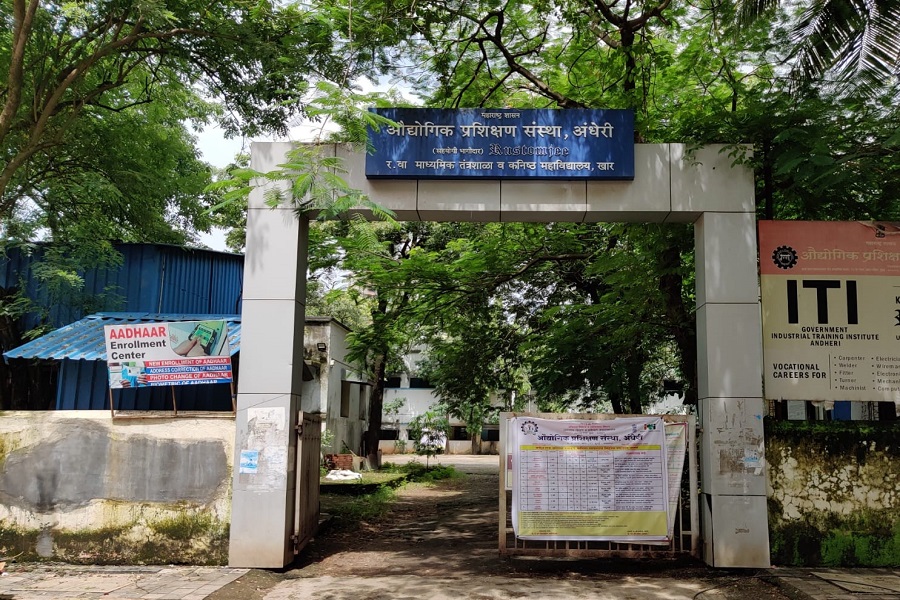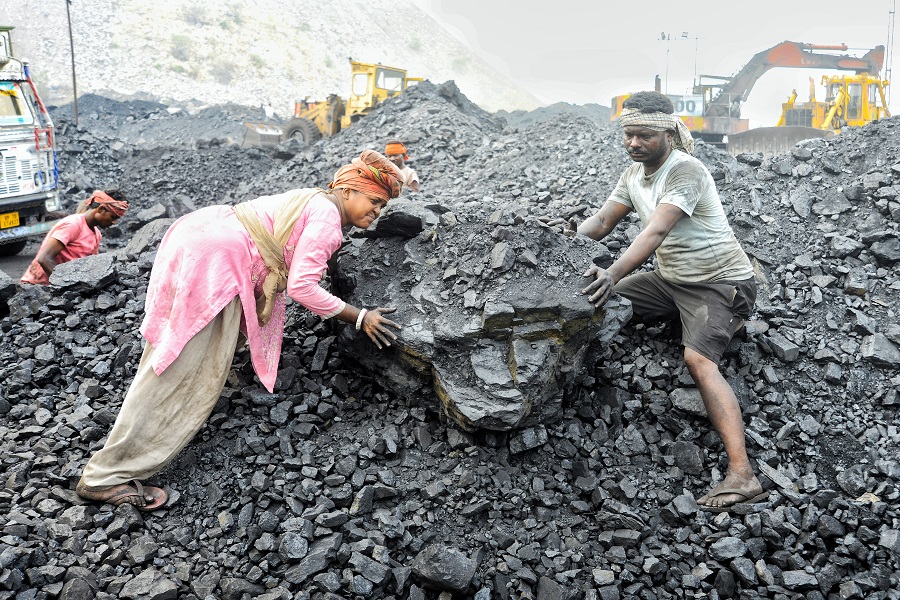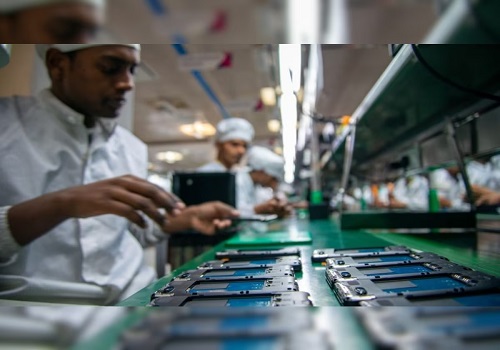Shree Cement plans to bid in India's lithium auction - source
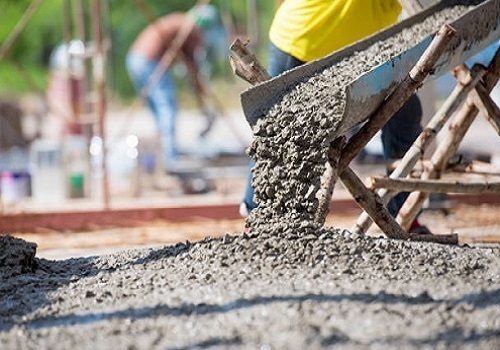
India's Shree Cement plans to bid for lithium mining rights under a government plan to secure critical minerals production through auctions that are expected to raise more than $5 billion.
A source with direct knowledge of the matter told Reuters the company would apply for the rights to lithium mining blocks in Jammu and Kashmir, the federally administered region where an estimated 5.9 million tonnes of deposits were found in February. Shree Cement, India's second biggest cement company by market capitalisation, will also bid for blocks in the eastern state of Chhattisgarh, said the source, who asked not to be identified due to the commercial sensitivities.
The move would be Shree Cement's first venture into mining and it has contacted Australia-based mining experts to work out details such as the premium that it should quote in its bid, the source added. The company is also seeking expert advice on the quality and grades of lithium reserves in Jammu and Kashmir. If it acquires a lithium block there it would team up with an Australian company for technical assistance on setting up a refinery, which would cost around $600-700 million, the source said. Last week, New Delhi launched the first part of its critical minerals auction that is expected to raise an estimated 450 billion rupees ($5.4 billion) by Feb. 20.
The first tranche, which will cover blocks in a number of regions, will auction 20 blocks and is part of a planned auction of 100 blocks. India has been exploring ways to secure supplies of lithium, a critical raw material used to make electric vehicle batteries. Electric vehicles made up about 2% of total car sales in India of 3.9 million last fiscal year but the government wants to grow this to 30% by 2030. Prime Minister Narendra Modi's government in June this year listed 30 minerals, including lithium, nickel, titanium, vanadium and tungsten, as critical to drive its clean energy push. India has committed to cutting its emissions intensity - the amount of emissions released relative to its economic growth - by 2030 to 45% of its 2005 level and net zero by 2070.
